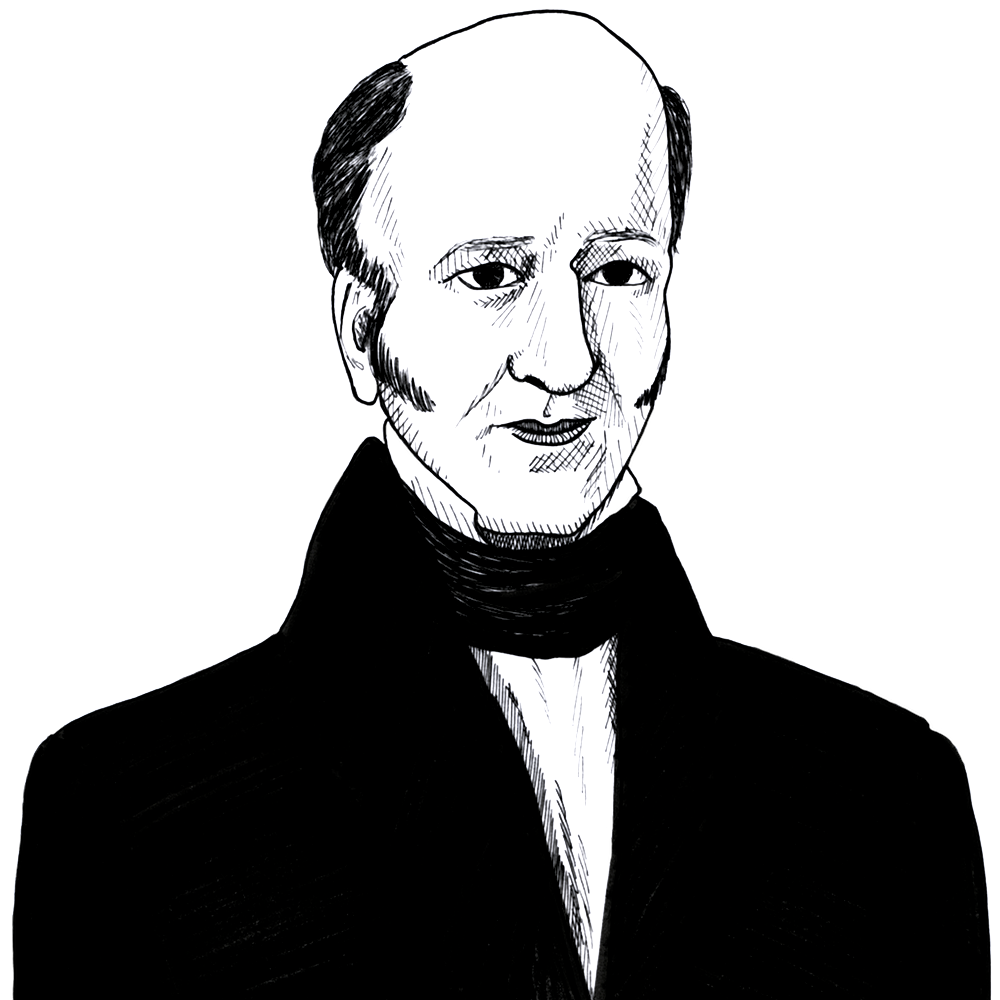
McCulloch argues that the right to property extends to “the faculties of (one’s) mind and the powers of (one’s) body” (1864)
Found in: The Principles of Political Economy (5th ed. 1864)
In his treatise on the Principles of Political Economy McCulloch (1789-1864) grounds the science of economics on the principle of the right to property, by which he meant much more than physical things:
Property Rights
It must not, however, be imagined that the security of property is violated only when a man is not allowed to enjoy or dispose at pleasure of the fruits of his industry: it is also violated, and perhaps in a still more unjustifiable manner, when he is prevented from using the powers given him by nature, in any way, not injurious to others, he considers most beneficial for himself. Of all the species of property which a man can possess, the faculties of his mind and the powers of his body are most particularly his own; and these he should be permitted to enjoy, that is, to use or exert, at his discretion.